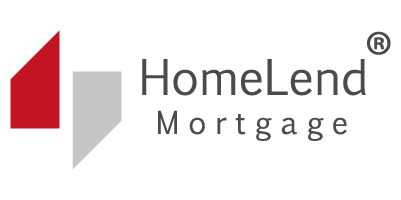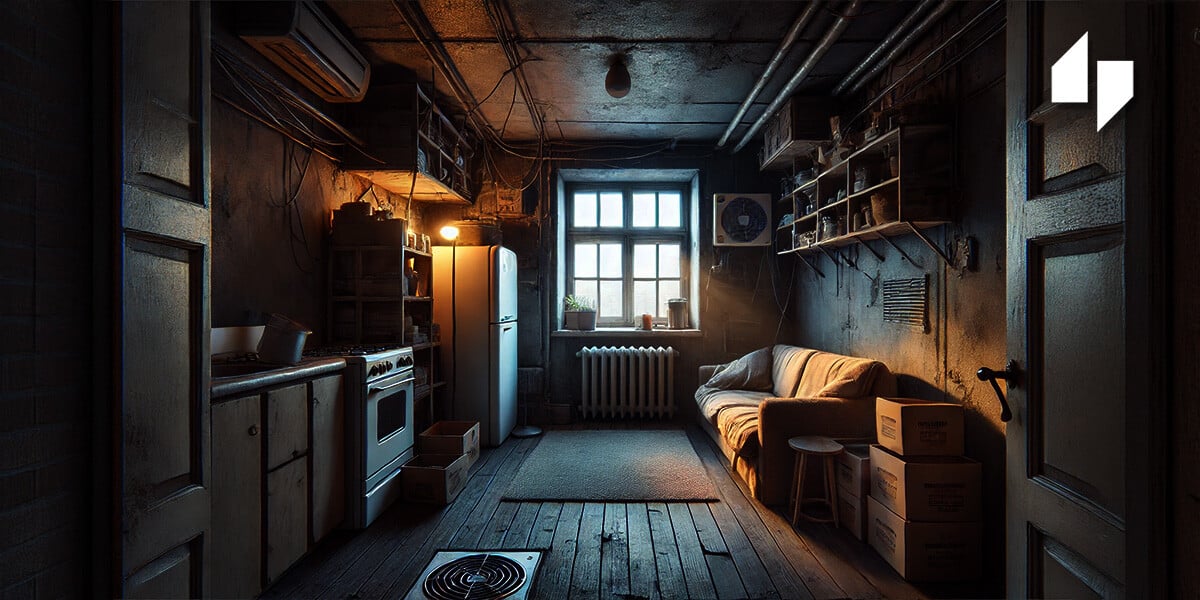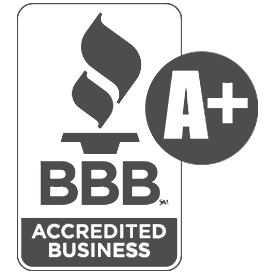Tips to Avoid Renting an Illegal Unit During Your Apartment Search
Finding the right apartment can be challenging, especially in competitive markets where affordable options are scarce. However, some rental listings may turn out to be illegal units—spaces that don’t meet safety codes or zoning requirements. Renting an illegal unit can expose you to risks like sudden eviction, unsafe conditions, and financial loss. Here’s how to identify and avoid illegal rental units to ensure a safe and legal living situation.
What Makes a Rental Unit Illegal?
An illegal unit is a space that has been converted into living quarters without proper permits, inspections, or adherence to local zoning laws.
Common Types of Illegal Units:
-
Basements or attics converted without proper exits.
-
Garages or sheds turned into rental spaces without permits.
-
Divided apartments that violate building codes.
These units are often unsafe or lack essential amenities like proper ventilation, heating, or fire safety measures.
Why You Should Avoid Illegal Units
-
Risk of Eviction
If the landlord is caught renting an illegal unit, you could be forced to leave with little to no notice, disrupting your plans and finances. -
Unsafe Living Conditions
Illegal units often lack proper fire exits, insulation, or utilities. Poor ventilation or electrical wiring can put your safety at risk. -
Limited Tenant Rights
Renting an unpermitted unit may leave you with little legal recourse if issues arise, such as disputes over rent, repairs, or deposits. -
Financial Loss
You might lose your security deposit, prepaid rent, or other fees if the unit is shut down by authorities.
Signs You Might Be Looking at an Illegal Unit
When searching for an apartment, watch for these red flags:
-
No Private or Legal Entrance
If you must access the unit through someone else’s living space or a backdoor that doesn’t meet code, the unit might not be legal. -
Lack of Windows or Natural Light
Bedrooms and living spaces must have proper windows for light and ventilation. Windowless basement or attic units often violate building safety codes. -
Missing Utilities or Shared Systems
Legal rental units typically have their own utility systems. If the landlord is running one electric, water, or heating system for multiple spaces, it’s a warning sign. -
Mismatched Finishes or DIY Renovations
Unfinished walls, exposed wiring, or makeshift kitchens can indicate unpermitted work. -
No Formal Lease Agreement
If the landlord insists on verbal agreements, cash-only payments, or refuses to provide a lease, it’s a sign of trouble. -
Below-Market Rent
If the rent seems unusually low compared to other units in the area, the landlord might be cutting corners with permits and compliance.
Steps to Protect Yourself
1.Ask Direct Questions
Don’t hesitate to ask the landlord:
-
Is the unit legally permitted for residential rental?
-
Can you provide documentation showing compliance with local laws?
-
Are utilities separate and properly set up?
2.Research the Property
Check with your local housing or zoning department to confirm that the property is registered as a legal rental unit. Many municipalities have online tools for verifying permits and zoning compliance.
3.Inspect the Unit Carefully
Pay close attention to safety and habitability:
-
Are there fire exits, smoke detectors, and proper ventilation?
-
Does the unit have functioning utilities like water, electricity, and heating?
-
Are there any signs of mold, dampness, or poor maintenance?
4.Get a Written Lease Agreement
A legal rental unit will always come with a formal lease agreement outlining the terms, including rent, deposit, and responsibilities for both parties. Avoid landlords who push for informal or cash-only agreements.
5.Trust Your Instincts
If something feels off—whether it’s the setup of the unit, lack of paperwork, or evasive answers from the landlord—it’s better to walk away and continue your search.
What to Do If You’re Already Renting an Illegal Unit
If you suspect you’re living in an illegal unit:
-
Contact Local Authorities: Reach out to your city’s housing department to confirm the unit’s status.
-
Know Your Rights: Even in illegal units, you may have tenant protections against unsafe conditions or unfair treatment.
-
Seek Legal Advice: Consult a tenant rights organization or attorney to understand your options.
Conclusion
Renting an illegal unit may seem like an affordable solution, but the risks far outweigh the benefits. From sudden evictions to unsafe living conditions, these units can leave tenants vulnerable and unprotected. To avoid falling into this trap, ask questions, research the property, and inspect the unit thoroughly before signing any lease. By staying informed and vigilant, you can ensure a safe, legal, and stress-free apartment search.




